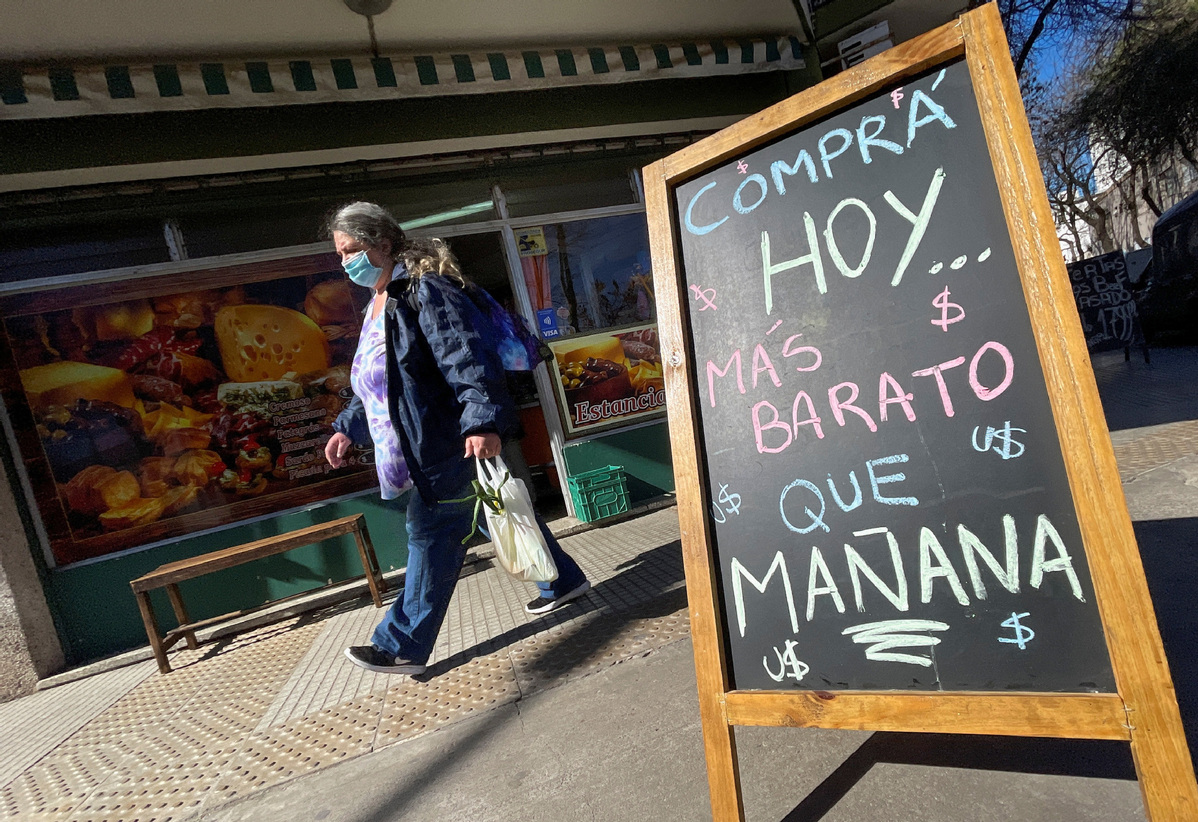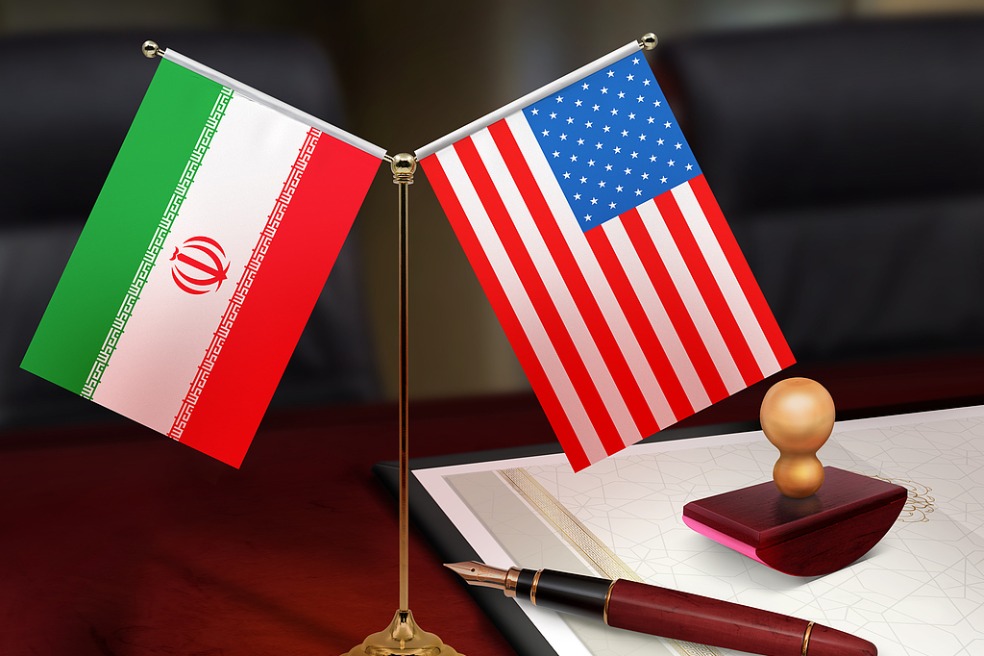Latin America makes bid to cut inflation


Leaders from across Latin America and the Caribbean gathered virtually on Wednesday to discuss ways to tackle runaway prices and keep inflation down.
People across the region are struggling with the price of everyday goods and the challenges of making big purchases or getting credit given sky high interest rates caused by efforts to cut inflation from central banks.
Inflation may be the most significant economic problem facing Latin America and the Caribbean, or LAC. Mexico ended 2022 with annual inflation at 7.8 percent, the highest level in two decades, and Colombia's inflation hit 13.2 percent, although it has slowed in the first few months of this year. Argentina may be facing the most difficult challenge, with annual inflation hitting 102.5 percent in February.
The meeting, convened by Mexico's President Andres Manuel Lopez Obrador, better known as AMLO, gathered leaders from Argentina, Belize, Bolivia, Brazil, Chile, Colombia, Cuba, Honduras, Saint Vincent and the Grenadines, and Venezuela.
"(We are) determined to unite regional wills and efforts to guarantee economic growth and development that promotes inclusion, equity, and sustainability of food and nutritional security for our peoples, and to urgently and jointly confront inflationary pressures on the basic food basket, intermediate goods, and services that negatively affect the popular economy," the leaders said in a joint statement issued following the summit.
Much of the discussion focused on the trade in food and raw materials, as well as efforts to lower prices and find ways to minimize the food shortages that are affecting prices, but the big topic was inflation and what was driving it.
"Inflation works based on expectations. It is not only a matter of monetary policy where the circulating money leads to higher prices but there is also a psychological component of expectations," said Erick Behar, a Colombian professor of economics at Berlin International University of Applied Sciences.
Populist measures such as controlling prices, which is done in countries like Argentina, could make things worse in the long term, Behar said. One idea discussed during the summit is to facilitate the barter of goods across borders.
Behar said that it is relevant for governments to let those with knowledge lead the way. "Let the technical people make decisions, let the central banks act, and let the ministries act if they have technical people, which is the opposite of what we see now in some Latin American countries," he said.
The surge in prices of food and staple goods is one of the main concerns in the region.
In Mexico, food prices are increasing rapidly. Manuel Gonzalez, owner of a corn mill in San Nicolas de los Garza, 900 kilometers north of Mexico City, said that the price of white corn has increased by 57 percent in the past two years.
"If the summit comes to the conclusion that tariffs on food purchases should be eliminated, that would be positive, but I doubt it very much," said Alberto Bernal, chief emerging markets and global strategist at financial services firm XP Investments.
Instead of eliminating tariffs on food purchases, the leaders at the meeting said they will promote "the adoption of measures to improve the efficiency of the entry and exit of products through ports and borders, and the exchange of intermediate inputs, machinery and technology for the benefit of agricultural productivity".
Efforts to control inflation are taking a toll on the economy and lifestyles. People find it hard to afford to buy homes and the construction sector is being affected by high interest rates.
"The high-interest rates are creating a recess in the development of new projects in all the socioeconomic sectors. Not only mortgage creditors are affected but also building companies that find it more difficult to access the credit," said Jose Londono, manager at IGIT SAS, a Bogota-based real-estate consultancy and broker firm managing properties.
Colombia raised interest rates to 13 percent and consumers are reluctant to pay up to 47 percent on loans. Further south, in Argentina, the story is even worse, with the reference bank rate now at 78 percent.
In neighboring Chile, President Gabriel Boric thanked AMLO for the initiative.
"From our different points of view, we are united by the urgency to strengthen our economies and address the high cost of living in pursuit of the welfare of the people," Boric tweeted on April 5. "From Chile, we will continue to promote this objective."
The writer is a freelance journalist for China Daily.
































